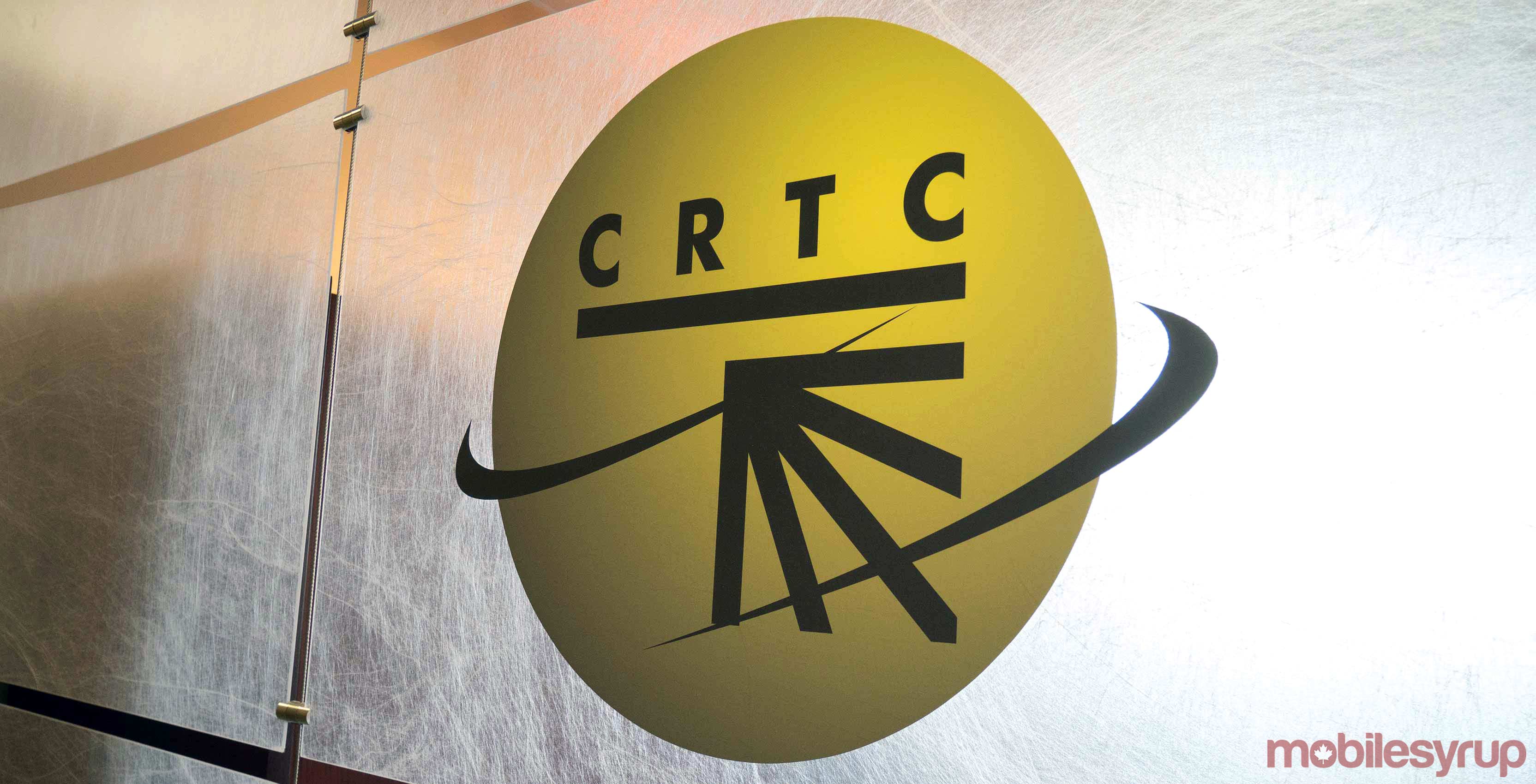
Following months of anticipation, the Canadian Radio-television and Telecommunications Commission (CRTC) has formally begun its hearings into misleading or aggressive telecom sales practices.
CRTC chairperson Ian Scott opened the October 22nd, 2018 proceedings, restating the circumstances that led to the Commission’s decision to hold hearings — specifically, a June 2018 Order in Council ordering a CRTC investigation into unsavoury telecom sales practices — while also reiterating that the week’s testimony will be used to put together a report for government by February 29th, 2019.
Scott was joined at the dais by each of the CRTC’s regional commissioners, as well as the CRTC’s vice chairperson of telecommunications Christianne Laizner and the Commission’s vice chairperson of broadcasting Caroline Simard.
“…a mismatch between what customers think they’re going to get and what they actually get” — Howard Maker, CCTS commissioner
The Commission for Complaints for Telecom-television Services (CCTS) — colloquially considered to be the CRTC’s complaints department — was the first stakeholder group to deliver testimony.
CCTS commissioner Howard Maker led his organization’s presentation, while CCTS assistant commissioner Josee Thibault and CCTS director and regulatory counsel Geoff White also spoke to lend additional insight.
According to Maker, the CCTS has noted that the lead cause of customer concern is a so-called “mismatch” between what customers expect from their telecom services and what telecom service providers ultimately provide.
“In other words, a mismatch between what customers think they’re going to get, and what they actually get,” said Maker, during his testimony.
Thibault also took time to highlight three primary situations where the aforementioned mismatch is evident.
“…customers generally don’t like these kinds of surprises…” — Josee Thibault, CCTS assistant commissioner
According to Thibault, 48 percent of CCTS complaints highlight a mismatch between what customers claim to have agreed to and the services that were actually delivered.
Approximately 41 percent of complaints claimed that they weren’t made aware of service provider terms and conditions during a sale.
Finally, 11 percent of customers complained that they weren’t aware of extra conditions attached to promotional offers.
“It’s fair to say that customers generally don’t like these kinds of surprises and they want some level of predictability in what they pay and what they receive,” said Thibault.
When later asked about the primary cause of these mismatches, Thibault told the CRTC that the CCTS is unable to comment “as to why the mismatch is occuring, just that it is occuring.”
A seat at the table
While the CCTS’s testimony highlighted customer pain points when it comes to Canadian telecom service providers, the complaints Commission remained tight-lipped regarding its recommendations for new rules or a new code of conduct that would govern the country’s telecom industry.
Major Canadian telecom service providers — including Vancouver-based national carrier Telus and Montreal-based national carrier Bell — have previously refuted the need for more legislation or regulation protecting Canadians from unsavoury telecom sales practices, while consumer groups have suggested that new rules could assuage consumer concerns.
When asked whether or not the country needs additional rules, Geoff White stated that the CCTS is a neutral party that takes no position.
Still, White highlighted some considerations that the CRTC should keep in mind in the event that the telecom watchdog does ultimately decide to implement new rules or a new code of conduct that the CCTS would be responsible for administering.
White explained that the CCTS is rarely required to provide a full assessment of a provider’s behaviour during complaints investigations and that the CCTS doesn’t always have all the information it needs to know what may have actually happened during sales negotiations.
“In the event the mismatch phenomenon is the result of nondisclosure, or ineffective disclosure, rules requiring the disclosure and [documentation] of certain information at the point of sale and the preservation of records could facilitate our handling of these situations,” said White.
“…rules requiring the disclosure and [documentation] of certain information…could facilitate our handling of these situations” — Geoff White, CCTS director and regulatory counsel
During the question-and-answer period following the CCTS’s prepared remarks, White expressed the belief that should the CRTC recommend the development of new rules, the CCTS should be given a “seat at the table, so that we can provide our neutral observations.”
CCTS commissioner Maker later added that there are few practical problems with establishing new rules, but that “there are practical problems with determining whether they’ve been met.”
The CRTC’s unsavoury telecom sales practices hearing will continue until October 26th, 2018.
English audio is available through the CRTC’s website, while CPAC is streaming video of the week’s hearings with both English and French audio.


